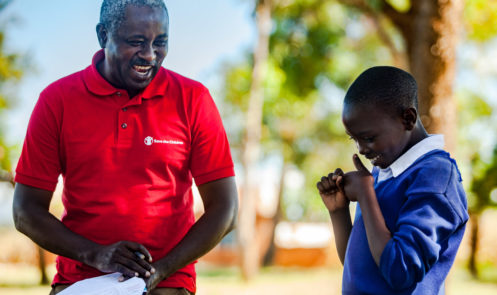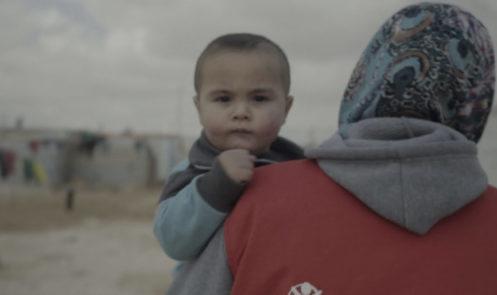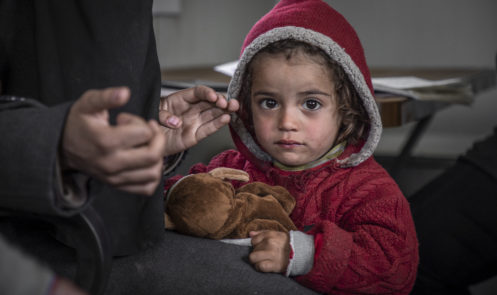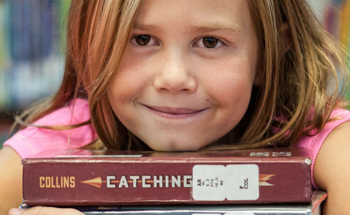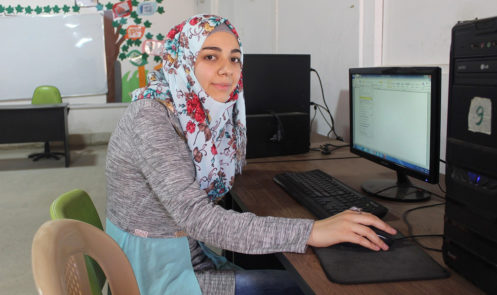Accountability
Ambition for Children 2030 – Building a Better World For and With Children:
In line with our vision and mission, Save the Children will harness its resources, energy and knowledge to inspire three breakthroughs by 2030:
- No child dies from preventable causes before their fifth birthday
- All children learn from a quality basic education
- Violence against children is no longer tolerated
To achieve these breakthroughs, we will put the rights of the most deprived and marginalized children first, and advocate for others to do the same – this will be a key measure of our success.
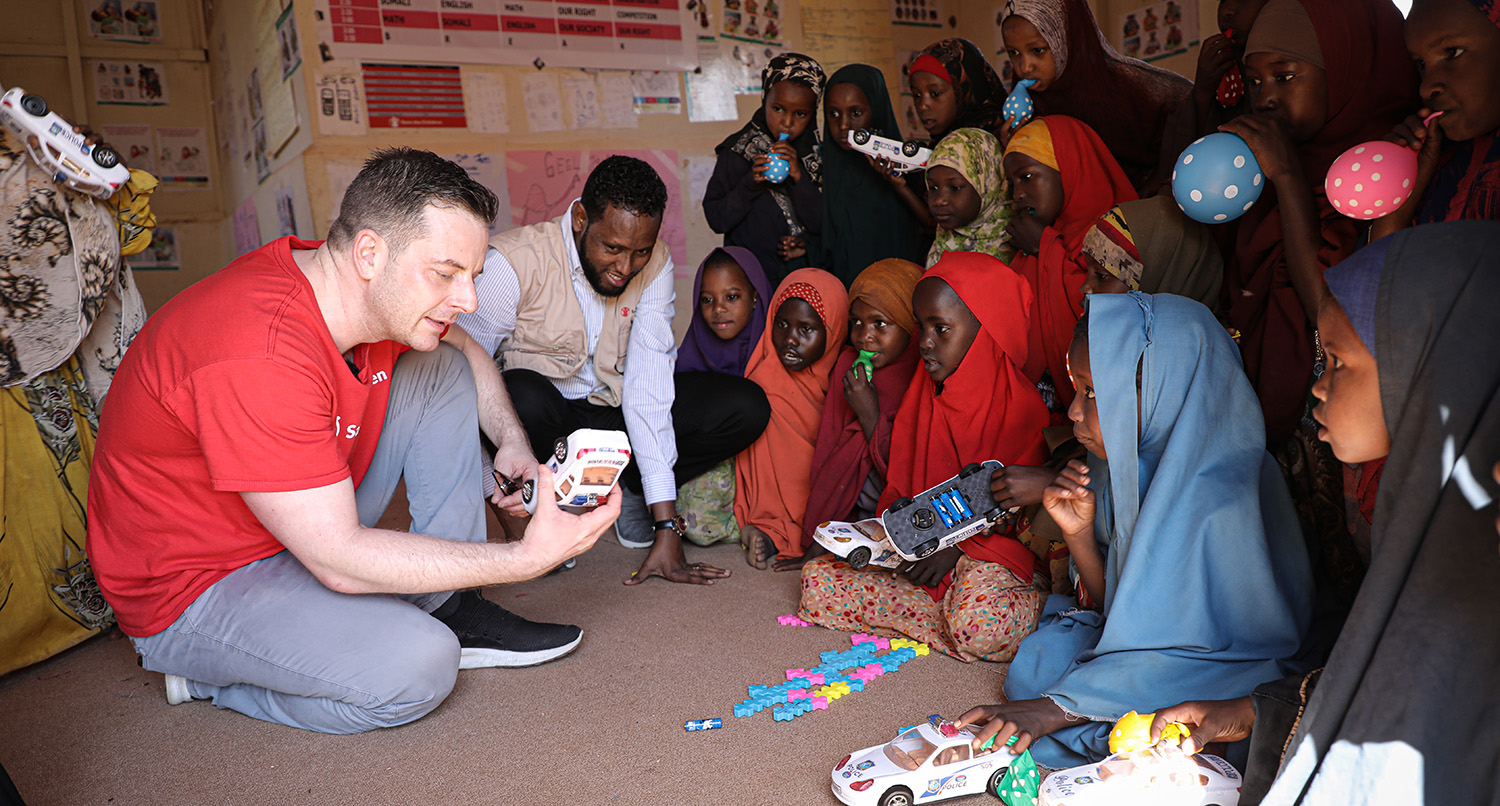
Accountability:
Save the Children is committed to being fully accountable and transparent to children and the communities we work with, to our supporters, partners and employees. Our activities are conducted legally, ethically and in accordance with laws, regulations, and high standards of integrity.
- The welfare of children is our primary concern. All of our employees and representatives commit to safeguarding children and respecting their rights, both at work and in their personal lives.
- We have clear procedures to prevent, report and respond to any risks to children. We ensure that the children and families we work with understand their rights, the behaviour they should expect from us and how they can raise any concerns.
- We have a zero-tolerance approach to fraud, bribery and corruption.
- We have global and local organizational policies that govern the organization including Code of Conduct, Child Safeguarding Policy, Respect in the Workplace, and Conflict of Interest, to name a few. These policies guide our employees and volunteers to meet our high standards of ethics and conduct.
- We are committed to creating and maintaining an open and accountable working environment and encourage all stakeholders including children, young people and families with whom there is contact to report concerns in good faith. Where a person feels unable to raise a concern through standard feedback channels because of reasonable grounds to fear reprisal, they may use the mechanisms provided by our Whistleblowing Policy.
- We monitor, evaluate and report on our programs to measure and demonstrate our positive impact on children’s lives and ensure we use our resources efficiently.
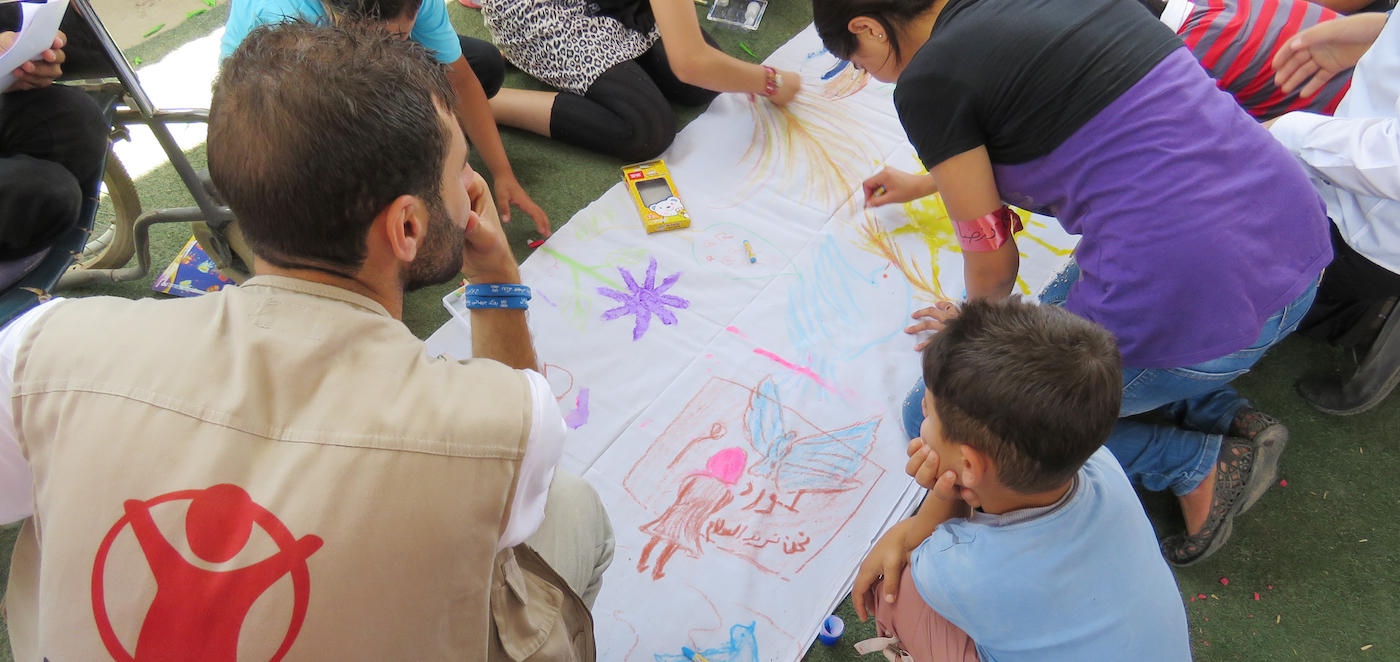
Child Safeguarding – Our commitment that Save the Children is Safe for Children
At Save the Children we believe that all children have a right to protection from violence, exploitation, abuse and neglect. This means that anyone working in our name must always respect children, listen to them and protect them from harm. This includes staff, volunteers, interns, consultants, Board members, others who work with children on Save the Children’s behalf, visit Save the Children’s programs or who have access to sensitive information about children in Save the Children’s programs.
We have a Child Safeguarding policy and a Code of Conduct that all those working in our name must read and sign when joining Save the Children. We include a review of these in the orientation in the first week of working with us and also provide a child safeguarding training within the first month. All partners whom we work with also sign our Policy and Code of Conduct.
We also make sure that the children, families and communities that we work with can learn more about our commitment to safeguarding. This includes our policy, the behaviour they can expect from our staff and representatives and how to contact us if they have any concerns.
We have zero-tolerance of any form of harm to children. Child abuse is when anyone under 18 years of age is being harmed or isn’t being looked after properly. The abuse can be physical, sexual, and emotional or neglect. The abuse and exploitation of children happens in all countries and societies across the world. Child abuse is never acceptable.
Save the Children is committed to safeguard children through the following means:
Awareness: Ensuring that all staff and those who work with Save the Children are aware of the problem of child abuse and the risks to children.
Prevention: Ensuring, through awareness and good practice, that staff and those who work with Save the Children minimise the risks to children.
Reporting: Ensuring that you are clear on what steps to take where concerns arise regarding the safety of children.
Responding: Ensuring that action is taken to support and protect children where concerns arise regarding possible abuse.
The UN Convention on the Rights of the Child, which was inspired by the work of our founder Eglantyne Jebb, says that all children have the right to be protected. This means that even in countries where some forms of child abuse (such as ‘spanking’, or child marriage) are tolerated, we require our staff to uphold the highest standards, and always act in the best interest of children. If they don’t, they cannot work for Save the Children.




